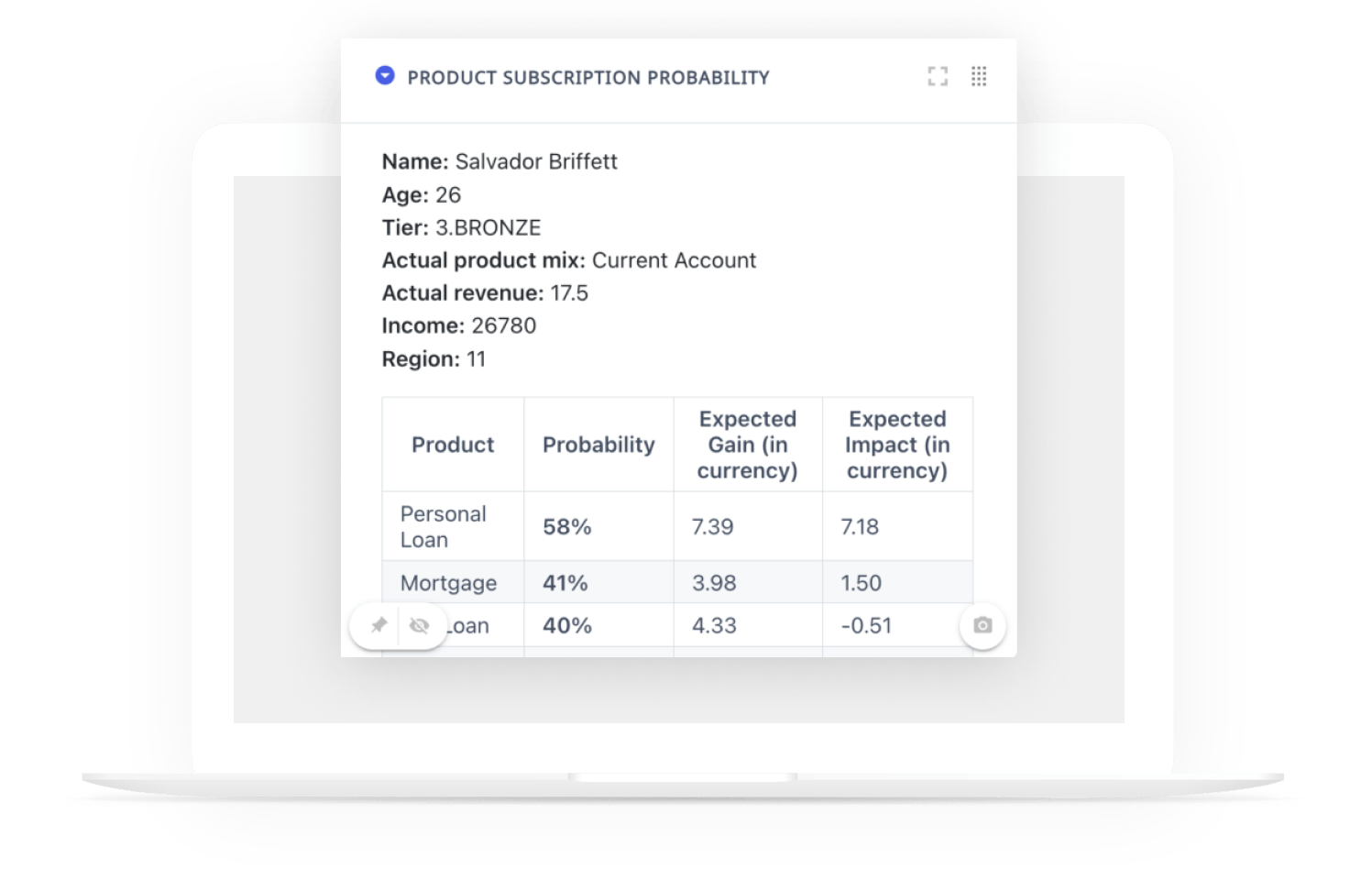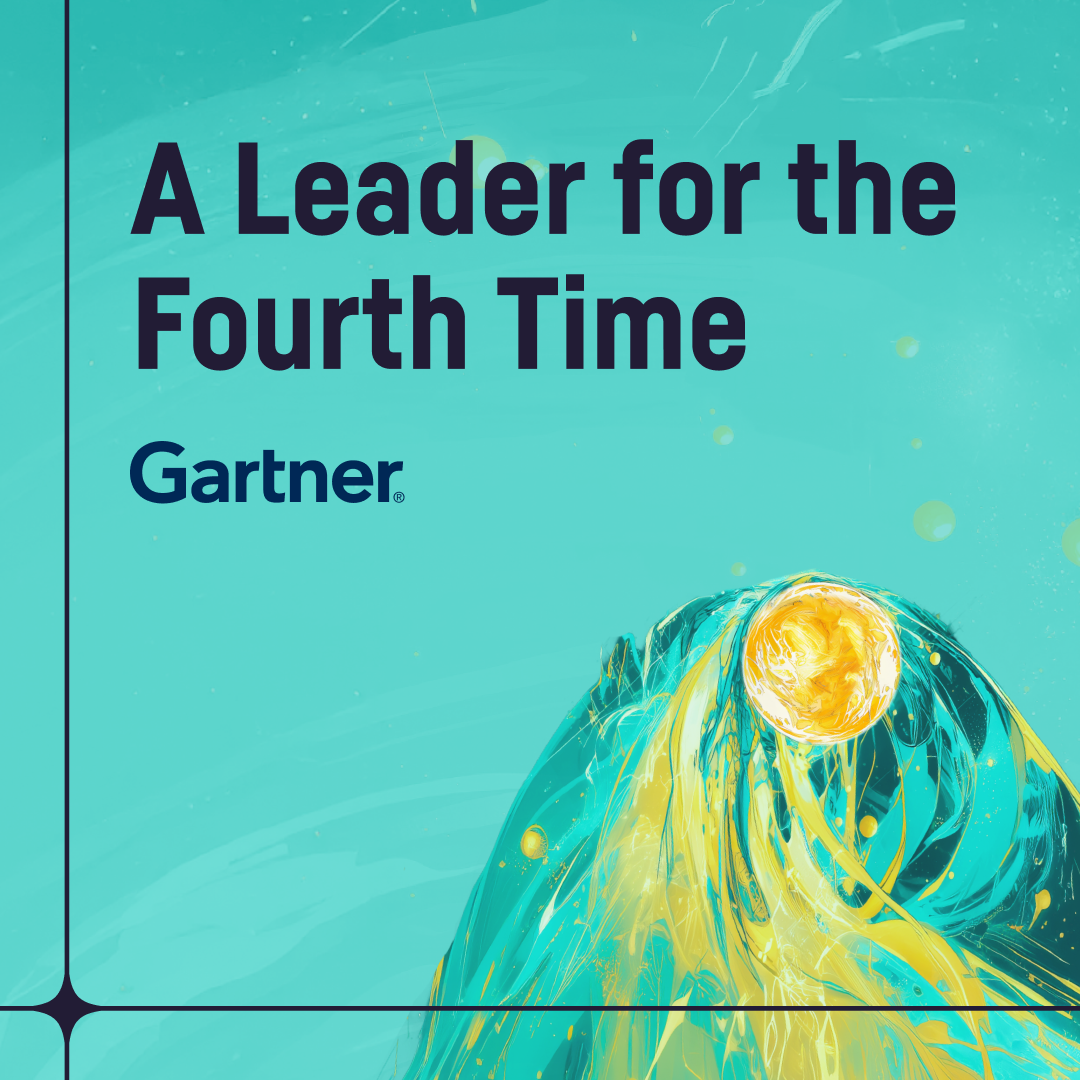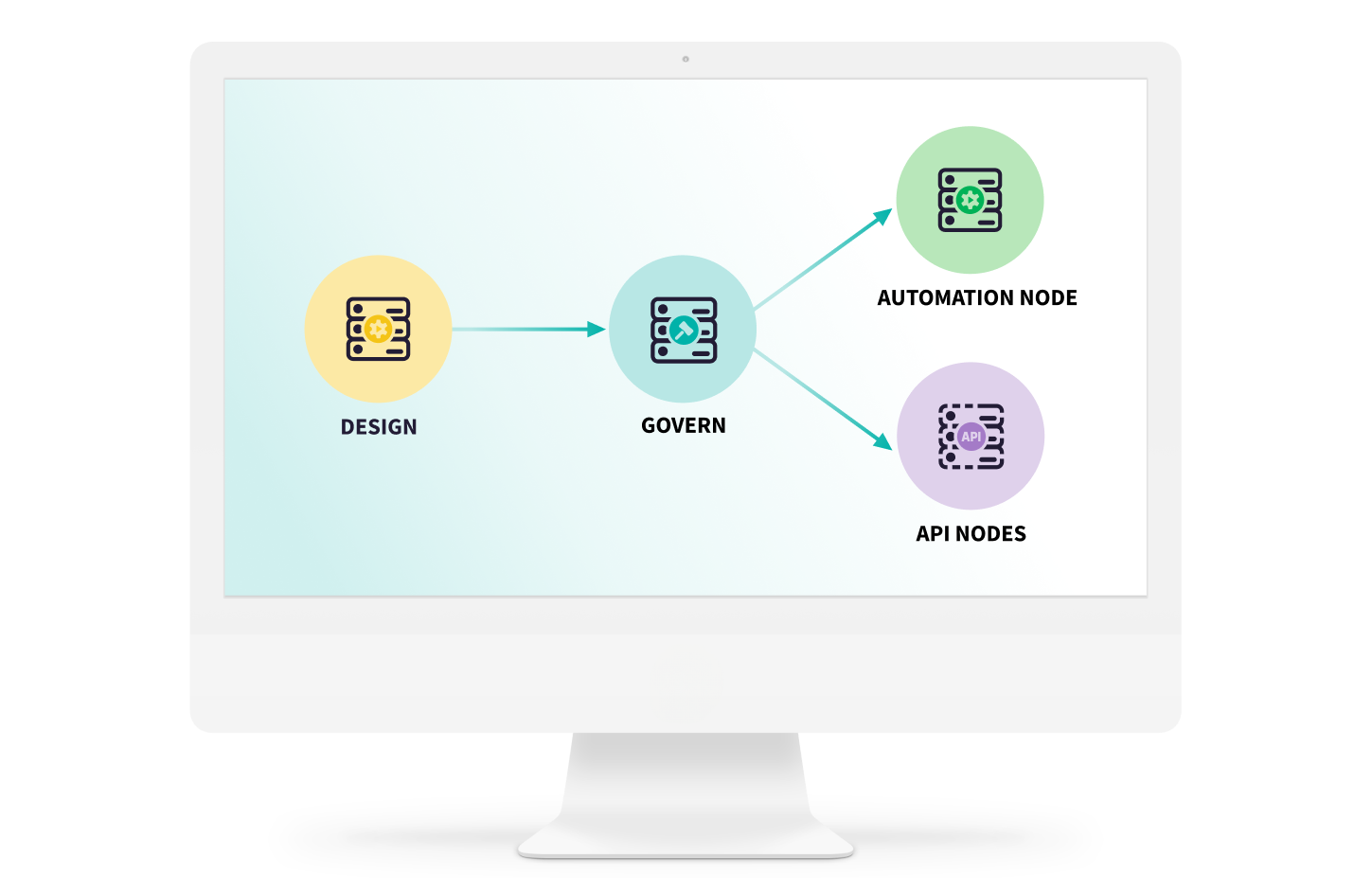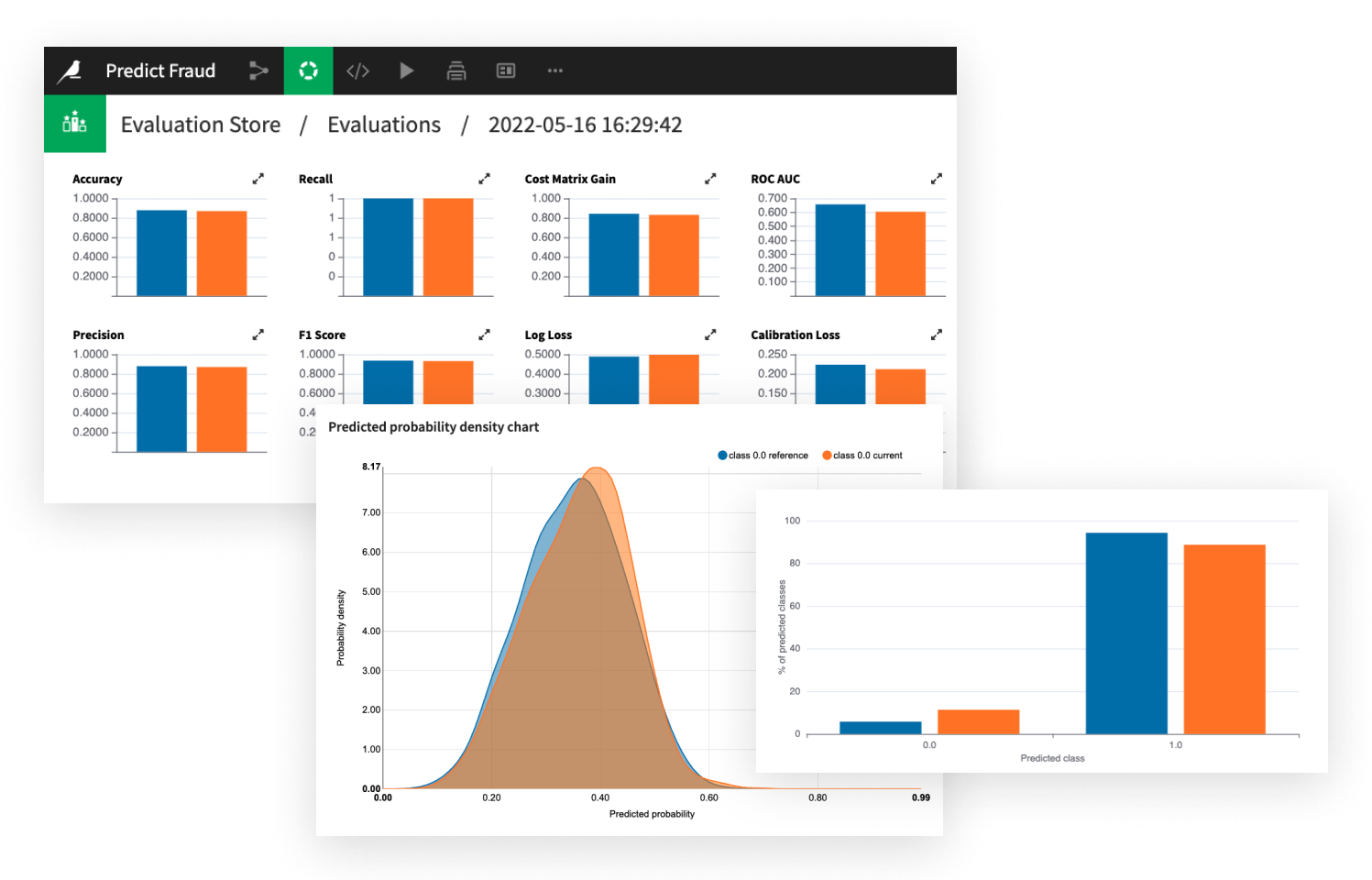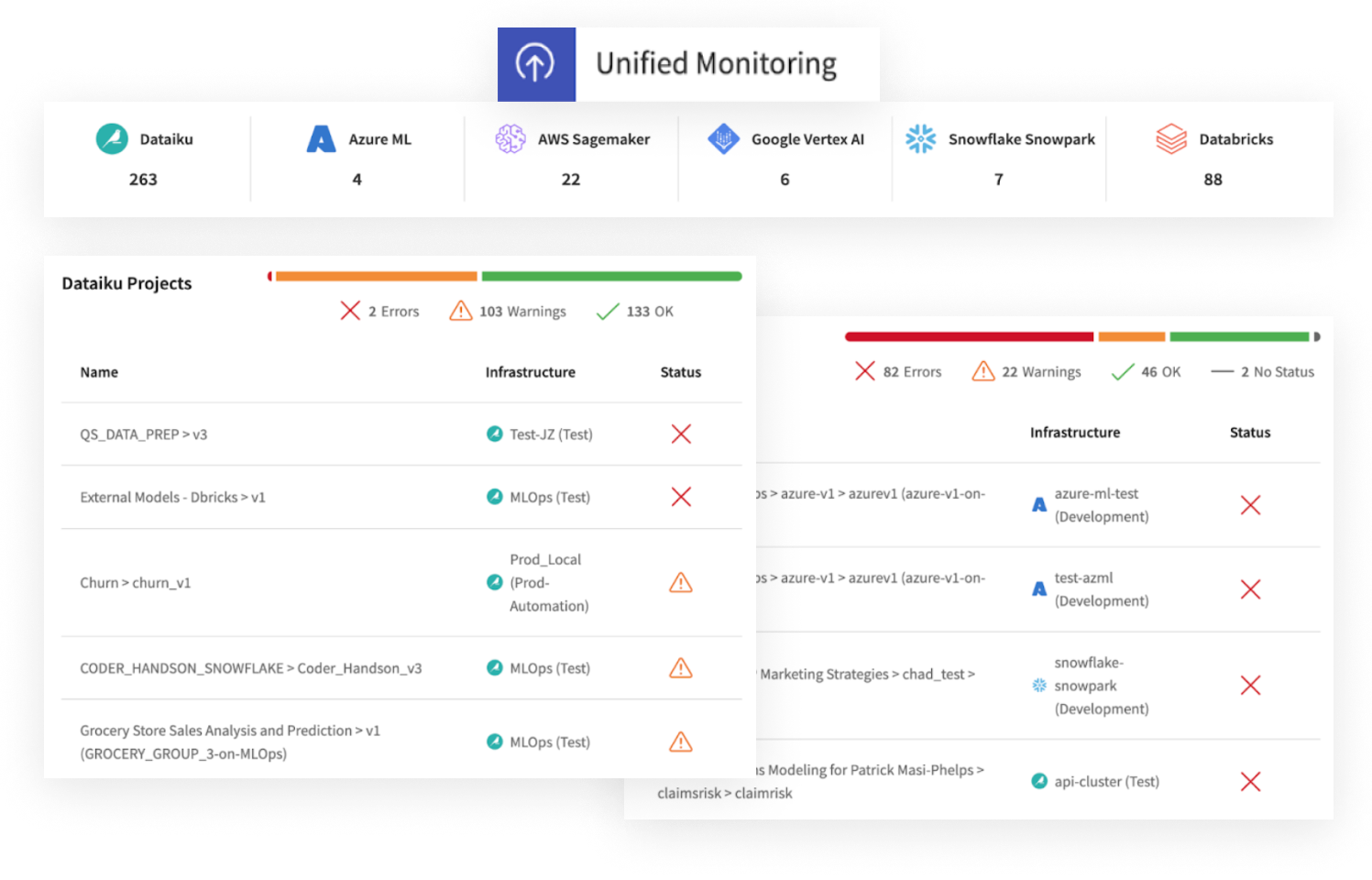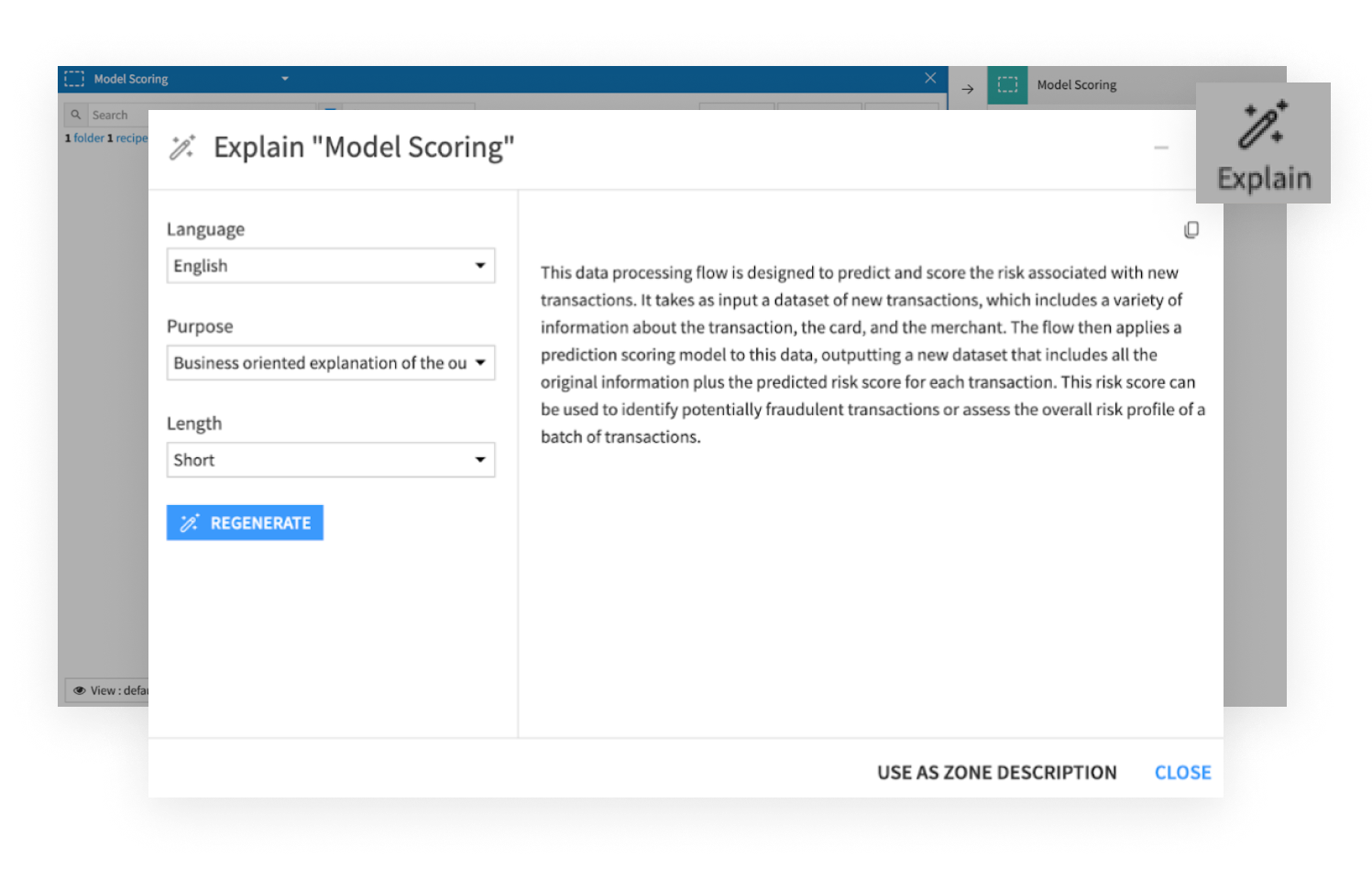Ensure Reliable Deployment
Deploy and manage models for both real-time and batch use cases across various infrastructures and environments.
Whether models require real-time predictions via APIs or scheduled batch processing, Dataiku ensures smooth deployments with full configuration to maintain operational stability.
Learn More About How Dataiku Makes Deployment Easy
